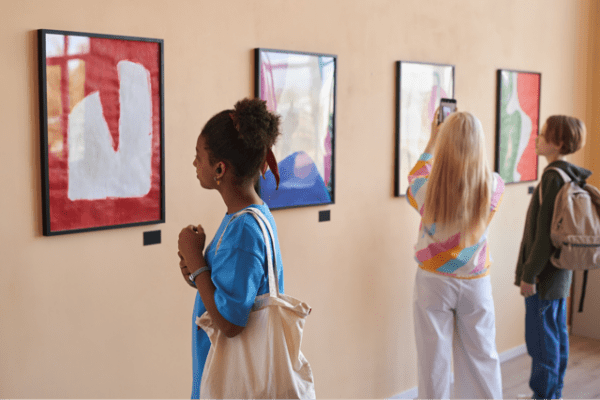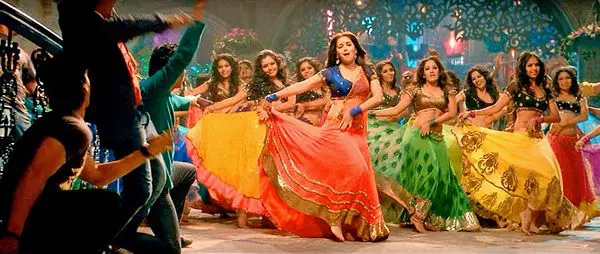
Warsaw, Poland
Ecogames and Sustainability in the Video Game Industry
When:
26 August - 28 August 2025
Credits:
3 EC
Read more
Cultural Studies
When:
04 August - 15 August 2025
School:
Institution:
Utrecht Summer School
City:
Country:
Language:
English
Credits:
4 EC
Fee:
975 EUR

When asked about the twentieth century in Europe, most people's first associations are either Adolf Hitler or the Second World War. However, during the 20th century, Europe not just experienced one, but three horrific wars: the First World War, the Second World War and the Cold War that followed in their wake. Oftentimes, the first half of the 20th century has therefore been labelled “The Era of Violence”, and perhaps rightly so.
Still, this century could as well be regarded as an age of rebuilding, transatlantic collaboration, and global connections. Showing that the 20th century is much more diverse.
This course will guide you through a variety of questions relating to the First and Second World Wars. Such as: "Why did these wars occur and what caused them to happen?"; "What were the consequences on a human and political level?"; "How did international society deal with the wars?"; "What circumstances caused the Cold War to follow in its aftermath?". You will study these questions pertaining directly to these three wars, while also gaining insight into major changes that took place in other areas of society. These changes included the way people lived, new political ideas and ideologies, key economic developments and profound progress in science and technology. The 20th century may have seen more technological and scientific progress than all the other centuries combined since the dawn of civilization.
You will receive lectures on a variety of historic topics; spanning the histories of the three wars as well as topics such as international cooperation and multilateralism, which resulted in international organizations such as the United Nations. We will also focus on the relation between the United States and Europe, the fall of communism and decolonisation. Several excursions to historically important places are part of the program, such as the Jewish quarter in Amsterdam, old battlefields, the National Military Museum in Soest and a visit to Brussels, the capital of the EU.
NB: This course is part of the track 'European Studies' .
Willem Verhoeven
This program has been designed for students of the humanities and social sciences, including economics and business, political sciences, European studies, international relations, history, culture studies and sociology, the sciences and engineering at senior undergraduate or graduate level with an interest in European culture, society and politics.
At the end of this course, students should be able to:
• Describe and evaluate different theories and conceptualisations of the wars and other historic development of the twentieth century
• Discern and analyse key factors of the various wars, expanding international relations and other related phenomena
• Demonstrate an understanding of the political, socio-economic and cultural aspects causing these developments
• Demonstrate this knowledge and understanding in written and verbal form.
Fee
975 EUR, Course + course materials
Fee
400 EUR, Housing fee (optional)
When:
04 August - 15 August 2025
School:
Institution:
Utrecht Summer School
Language:
English
Credits:
4 EC

Warsaw, Poland
When:
26 August - 28 August 2025
Credits:
3 EC
Read more

Aarhus, Denmark
When:
23 July - 08 August 2025
Credits:
10 EC
Read more

Utrecht, Netherlands
When:
21 July - 01 August 2025
Credits:
4 EC
Read more